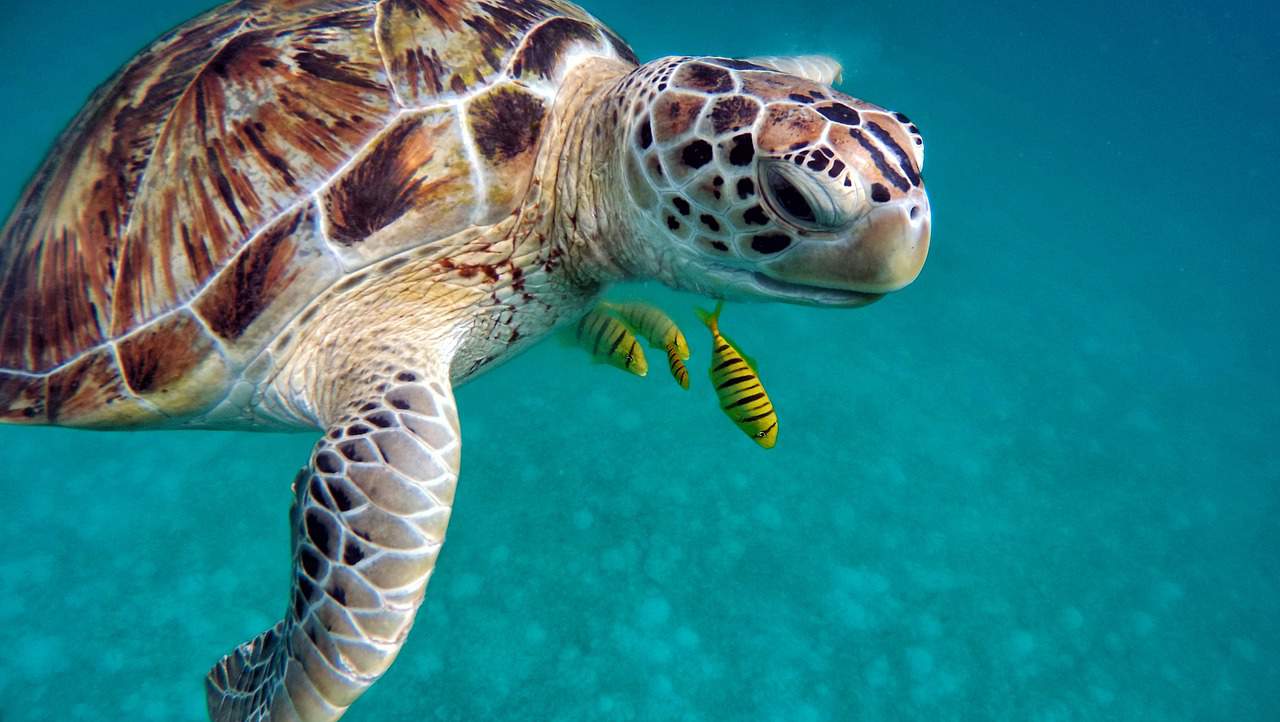Congressman Ariel Robles recently filed an appeal against the Costa Rican Fisheries and Aquaculture Institute (INCOPESCA) for including turtles, corals, and iguanas in the list of species of commercial interest. The congressman argued that this decision endangers the Costa Rican fauna and filed an appeal before the Constitutional Chamber to modify the institution’s list.
Congresswoman Kattia Cambronero also demanded explanations from INCOPESCA representatives, while the Frente Amplio legislator took action against the decision. INCOPESCA claimed that the list was compiled by biologists from the institution, and specialized organizations in the country were consulted.
However, the congressman consulted the University of Costa Rica and the National University and found that neither had issued any criteria on the matter.
In addition to turtles, corals, and iguanas, the list includes several marine species such as sea urchins, worms, sponges, sea cucumbers, algae, and zooplankton, without any compelling practical justification for their commercial exploitation in the Costa Rican market.
Minister of Fisheries and Aquaculture, Heiner Méndez Barrientos, stated that the list includes species of “fishing interest” rather than for commercial purposes. He also confirmed that INCOPESCA would answer all the questions transparently. However, legislators are extremely worried because there is no differentiation on whether the species will be listed for commercial exploitation.
This decision has raised concerns about the impact on Costa Rican wildlife, and legislators have expressed their worry that the list would negatively affect the country’s fauna. The Costa Rican government has long been committed to protecting and preserving the country’s biodiversity, which is home to a vast number of animal and plant species.
The decision by INCOPESCA to list several species for commercial exploitation has raised concerns among Costa Rican legislators. While the Minister of Fisheries and Aquaculture has stated that the list includes species of “fishing interest,” legislators are worried about the potential negative impact on the country’s fauna.
The appeal filed by Congressman Robles is a step towards ensuring that Costa Rican wildlife is protected from commercial exploitation. The decision to list these species for commercial exploitation without clear justification is a cause for concern and must be carefully monitored to ensure their preservation in the future.






